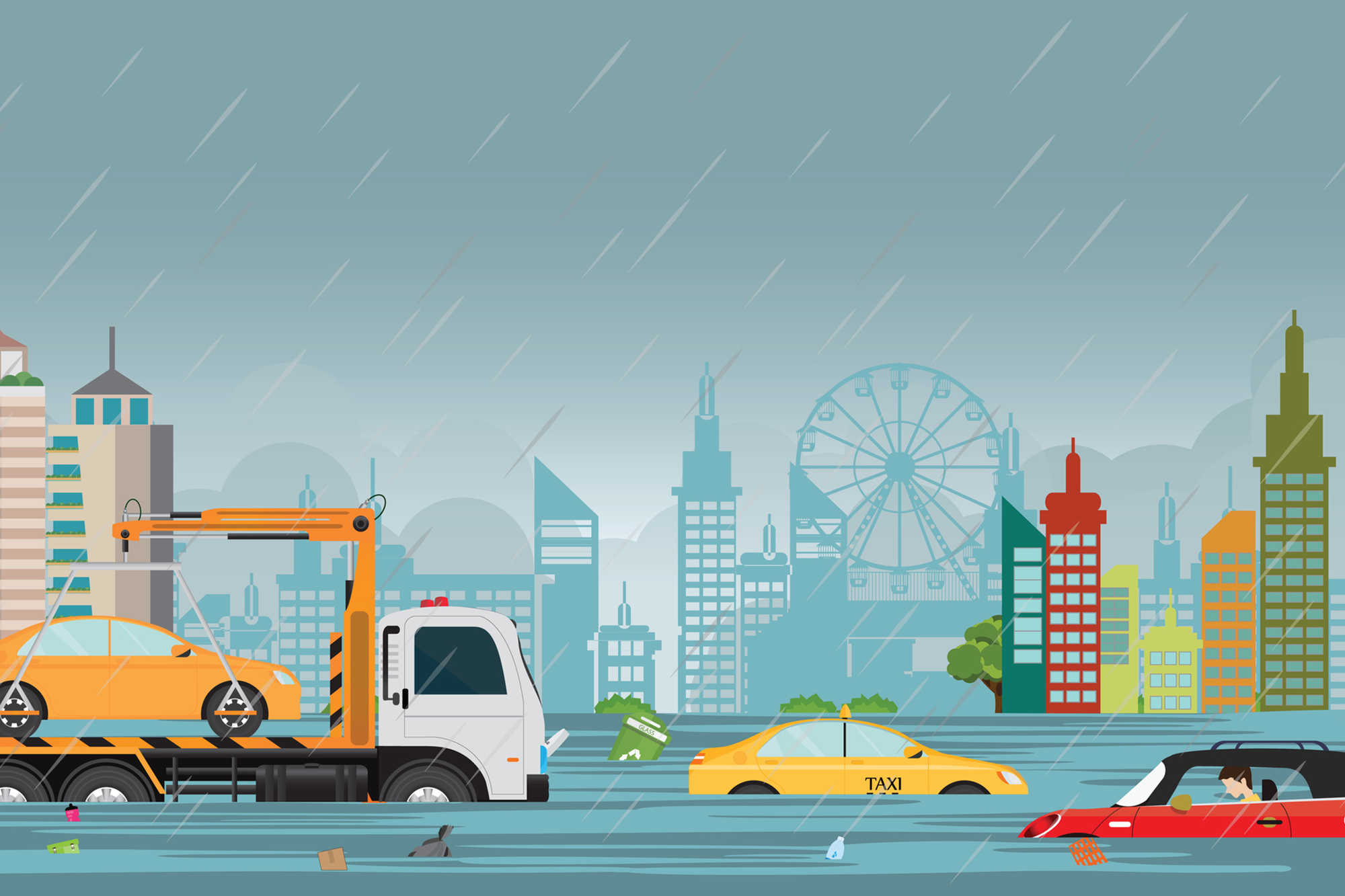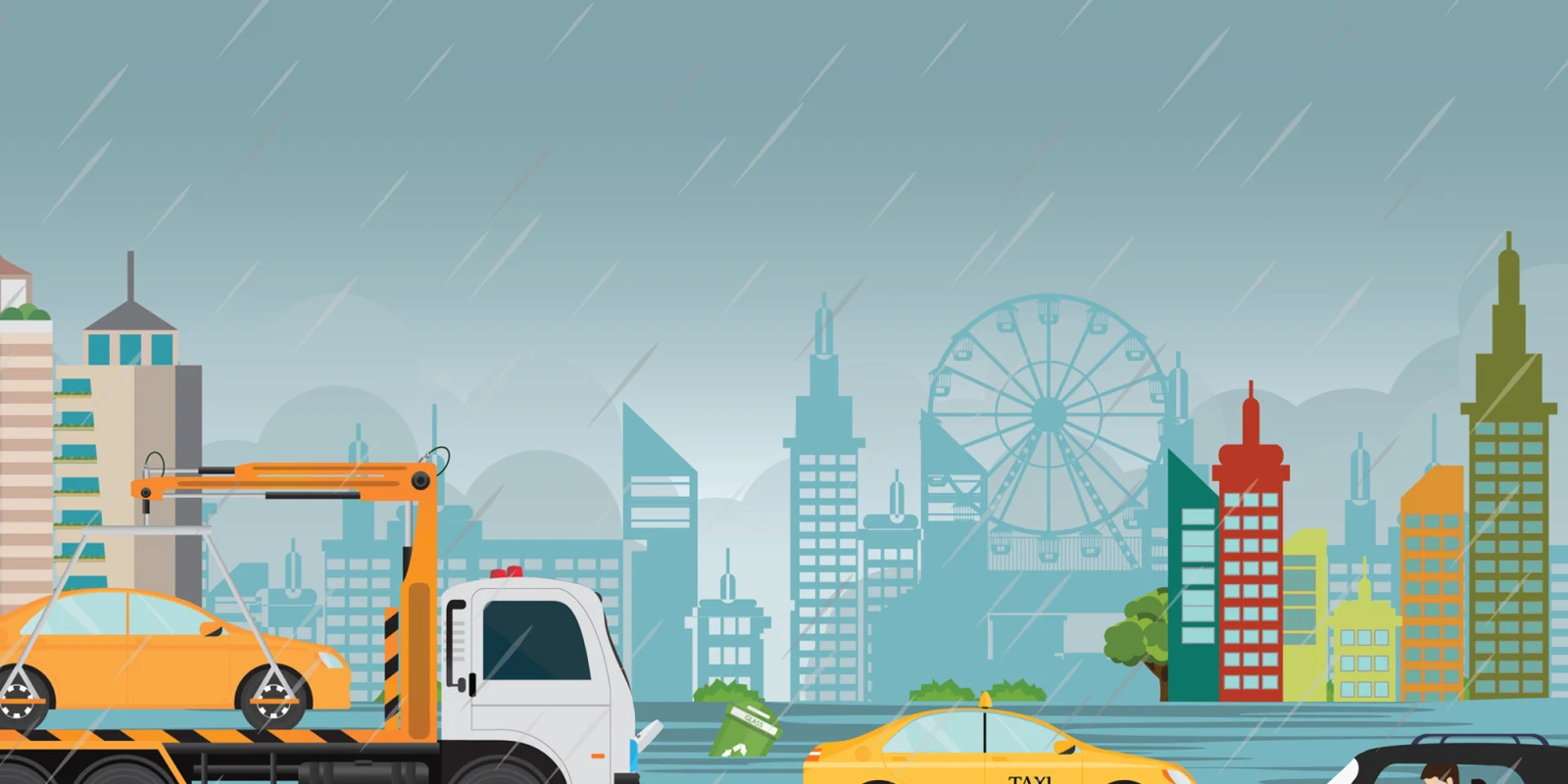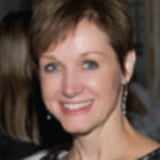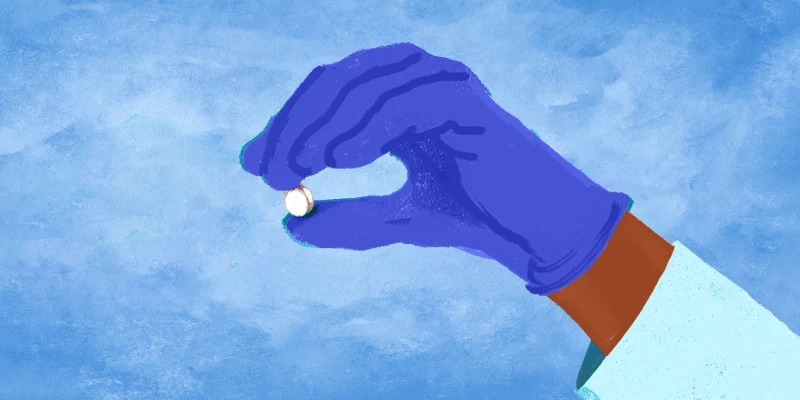
I finished medical school in 1983 at age 22, having attended the combined BS/MD program between Penn State and Jefferson. So, most of my life, I have been a physician. I can’t honestly say what made we want to go into medicine at such a young age anymore, but I know I always wanted to use my time to help people that needed my help, the most and the best way that I could. I also cared about having a family so when Dean Gonnella told me if I wanted to have a family, I shouldn’t be an orthopedic surgeon and instead pursue physiatry, I listened to him. To me at age 21 it seemed relatively straightforward!
Then, as a resident, when I worked with people with spinal cord injuries (SCI), a young man with tetraplegia who I talked into applying to Berkeley gave me a copy of his acceptance letter, attributing half of his acceptance to my encouragement. So, I ended up working in SCI for ages, because I was especially qualified and felt I could do the most good by helping people with SCIs.
As a brand new attending at Kessler Institute, I was asked to speak about female sexuality after SCI. There was no information available, so I started hypothesizing about how function would be affected and ended up producing an educational video entitled “Sexuality Reborn” about people with SCI. The National Center for Medical Rehabilitation Research was developed and my ideas turned into priorities and I grew to do significant laboratory-based research in the area, because it was important and an area I was especially qualified to focus on.
Thirty-six years and three college-aged boys later, I have now left the full-time practice of medicine, because I realize there is a more important issue that needs my attention. In June of 2018, I was scheduled to give a lecture in Waltham, MA. I opted to walk 1.4 miles from my hotel to the Massachusetts Medical Society, where the meeting was held. On the map, it looked lovely and was going past a reservoir. Surprisingly, while walking, I felt like I was risking my life on a highway. I realized that just like the opioid pendulum has swung too far and is now swinging back, the built environment of the U.S. has grown to not only be inaccessible to people with disabilities, it is essentially inaccessible to all.
Moreover, I realized it was an opportunity and the time to work on the issue that I had been unsuccessfully trying to bring up at medical meetings for years — climate change and how it is impacting people with disabilities.
Because this is an issue that cannot wait for years of research, and because our youngest is now done with his first year of college, on June 21, 2019, I began walking from Canada to Key West (along with my husband) on roads with and without sidewalks, to emphasize the need for accessibility for walkers and wheelers on America’s roads. I’ve also lined up grand rounds at a number of academic medical centers along the way — I think it’s hard for people to turn you down for the topic when you say you will walk a few hundred miles to speak.
With some encouragement from people who have volunteered with me, I am also working to launch Day for Tomorrow — a parallel of Earth Day when people will come together in community to get to know their neighbors and be prepared for extreme weather events and climate change. Because, face it, the earth is not going anywhere — it may not be an environment that can support life, but the earth will be here. Day for Tomorrow will be held on September 22, 2019, the day before the United Nations (UN) climate summit to encourage the UN to talk about the issues of persons with disabilities more during their climate change discussions and because the UN needs to know that unlike our president, there are many Americans that do care about climate change.
In terms of the field of PM&R, I believe it is important that physiatrists and other physicians start realizing that regardless of what we are doing now we need to consider the issue of climate change and how we need to prepare our patients and our practices for the future. We need to start considering sustainability in health care more, preparation for extreme weather, and how we can start working to be a good example for our patients and others. We need to think more about telemedicine which is a greater saver of carbon and time. Because, if you, like me went into medicine because you wanted to help people the best way you could, then starting to think about climate change and the impact it will have on your progeny, your patients, and how this will impact people in the coming years, is probably the most important thing you can start doing.
I’m also raising money for two organizations that provide direct support to persons with disabilities impacted by disasters and working to develop Telerehabilitation International, a nonprofit that will continue to educate people about quality of life and disability and provide free telehealth physician-to-physician physiatry consults in disaster areas.
And, yes, as I sit here in Bath, Maine, having started the walk, learning social media and blogging, and icing my worn out leg, I’ve got that special feeling back again, the one that lets you know that you are doing the most you can do — right now — with your life to help other people as only you can do.
Marcalee Alexander, MD, is the founder of Canada to Key West and Day for Tomorrow. She is a clinical professor of physical medicine and rehabilitation at the University of Alabama at Birmingham School of Medicine and a research associate at Spaulding Rehabilitation Hospital, Harvard School of Medicine. She is also Editor-in-Chief of Spinal Cord Series and Cases. You can learn more about Marcalee's journey at canadatokeywest.org, follow it on Facebook or Instagram at canadatokeywest, follow via YouTube at Marcalee Alexander or Twitter @spinalcordmd.




